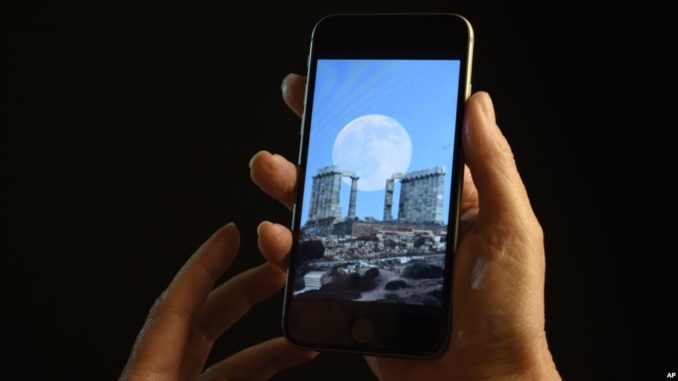
Two unrelated studies determined recently that long exposures to light coming from the screens of portable devices affect sleep quality in children and adults.
Smartphones and tablet computers have penetrated everyday life so quickly that scientists haven’t had much time to study their effects.
Now researchers from University of California and from King’s College London say use of such devices near bedtime can disrupt sleep patterns. Previous studies proved poor sleeping patterns can lead to obesity, diabetes and depression.
The California study followed 653 adults over a 30-day period, recording the time and length they were looking at a screen, as well as the length and quality of their sleep. Longer use of the screens, particularly at bedtime, was clearly associated with poorer and shorter sleep.
A review of 20 studies from four continents, done at King’s College London, found the presence of an online device in the children’s bedroom doubles the risk of affecting their sleep cycles.
The King’s College study classified “bedtime use” as any engagement with a device within 90 minutes of going to sleep.
The nature of modern communication through social media makes the children feel that they should always be alert.
Scientists say only the coordinated approach by parents, teachers and health officials has a real chance to discourage use of online devices at bedtime.
Results of the two studies were published in the scientific journals PLoS One and JAMA Pediatrics respectively.












